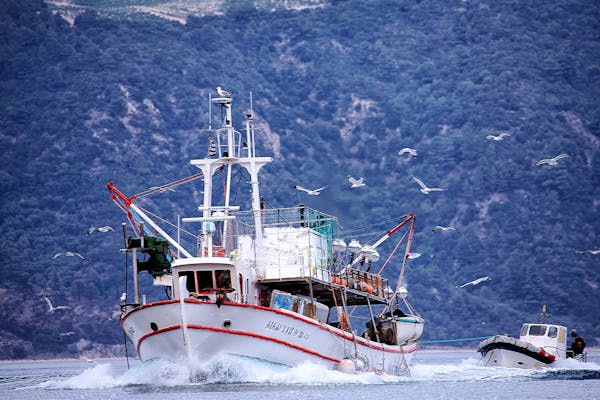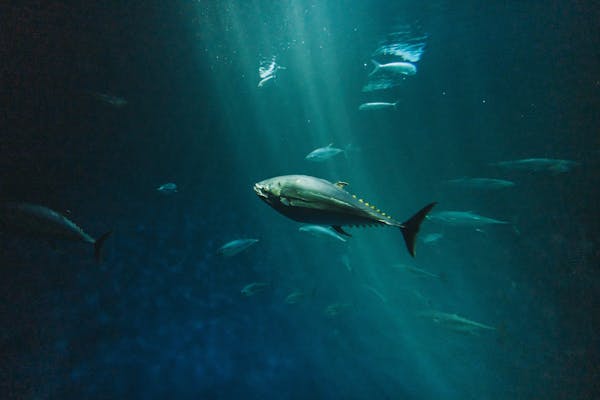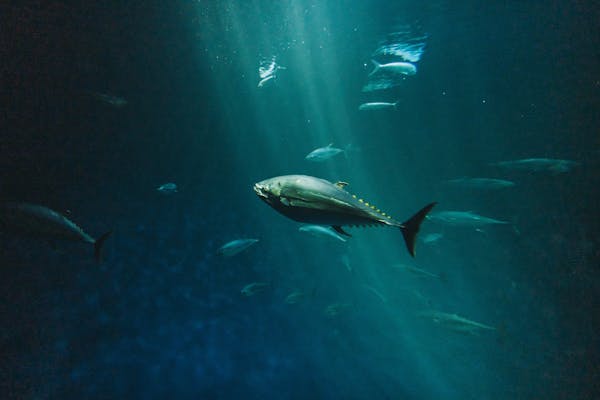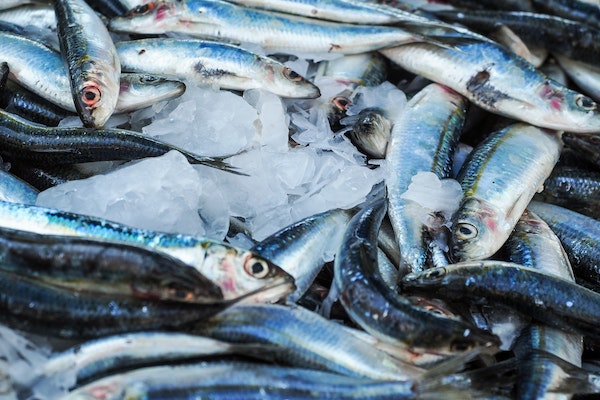OECD report warns government subsidies risk driving overfishing, calling for targeted funding to strengthen fisheries management

Governments need to rethink how they support the fisheries sector, as nearly 65 percent of current subsidies could be driving overfishing and illegal fishing, a new OECD report warns.
The study, which looked at 41 countries and territories, found that much of this support lacks the fisheries management safeguards needed to protect fish stocks. With millions of people relying on fisheries for food and jobs, the report calls for better-targeted support and policies to keep the industry productive and resilient.
The OECD Review of Fisheries 2025 offers an updated assessment of the state of global fisheries and aquaculture, examining industry trends and government policies from 2020 to 2022. During this period, the sector’s value nearly tripled compared to 2005, reaching $381 billion.
According to the report, governments provided an average of $10.7 billion annually in fisheries support across 41 countries and territories, representing 79 percent of global fish production in that period. Just six economies accounted for the bulk of this spending, with China (36.1 percent) leading the way, followed by Japan (12.4 percent), the United States (11 percent), Canada (10.7 percent), the European Union (8 percent) and Brazil (6.4 percent).
“Sound fisheries and aquaculture management, including through policies tackling illegal, unreported and unregulated fishing, are fundamental for protecting local livelihoods, global food security and ocean ecosystems,” said OECD Secretary-General Mathias Cormann. “Better targeted fisheries support and better management are essential to improving the profitability and resilience of the sector.”
The report highlights the critical role of strong fisheries management in maintaining healthy fish stocks for future generations. The findings come as global leaders prepare for the Third UN Oceans Conference (UNOC3), where sustainable ocean policies will take center stage.
To make fisheries more resilient, the report calls for a shift in government subsidies. Instead of funding fuel, vessel construction and operations, governments should invest in activities that promote long-term sustainability – such as research on fish stocks, enforcing fishing laws and time-bound income support for fishers affected by crises like marine heatwaves.
Better-targeted funding could also help combat illegal fishing, which threatens marine ecosystems, fair competition and tax revenues. By investing in effective fisheries monitoring and management, governments can protect both the environment and the livelihoods that depend on it.
Now that you've reached the end of the article ...
… please consider supporting GSA’s mission to advance responsible seafood practices through education, advocacy and third-party assurances. The Advocate aims to document the evolution of responsible seafood practices and share the expansive knowledge of our vast network of contributors.
By becoming a Global Seafood Alliance member, you’re ensuring that all of the pre-competitive work we do through member benefits, resources and events can continue. Individual membership costs just $50 a year.
Not a GSA member? Join us.
Author
Related Posts

Fisheries
ISSF: Nearly 50 percent of tuna stocks are subject to overfishing
The latest ISSF report reveals that nearly half of major tuna stocks successfully avoid overfishing and meet target biomass levels.

Fisheries
Western Mediterranean fish stocks recovering under EU fisheries management plan
A new report shows the Western Mediterranean fisheries management plan has led to fish stock recovery, with a strong near-term outlook.

Fisheries
Protecting fish and communities should be balanced, concludes study of Marine Protected Areas
A study finds that Marine Protected Areas must be "flexible and responsive" to successfully restore fish stocks without harming communities.

Fisheries
EU agrees on shared fisheries management of key stocks in 2024
The EU reached an agreement with northeast Atlantic coastal states, UK and Norway on the shared fisheries management of key stocks in 2024.



